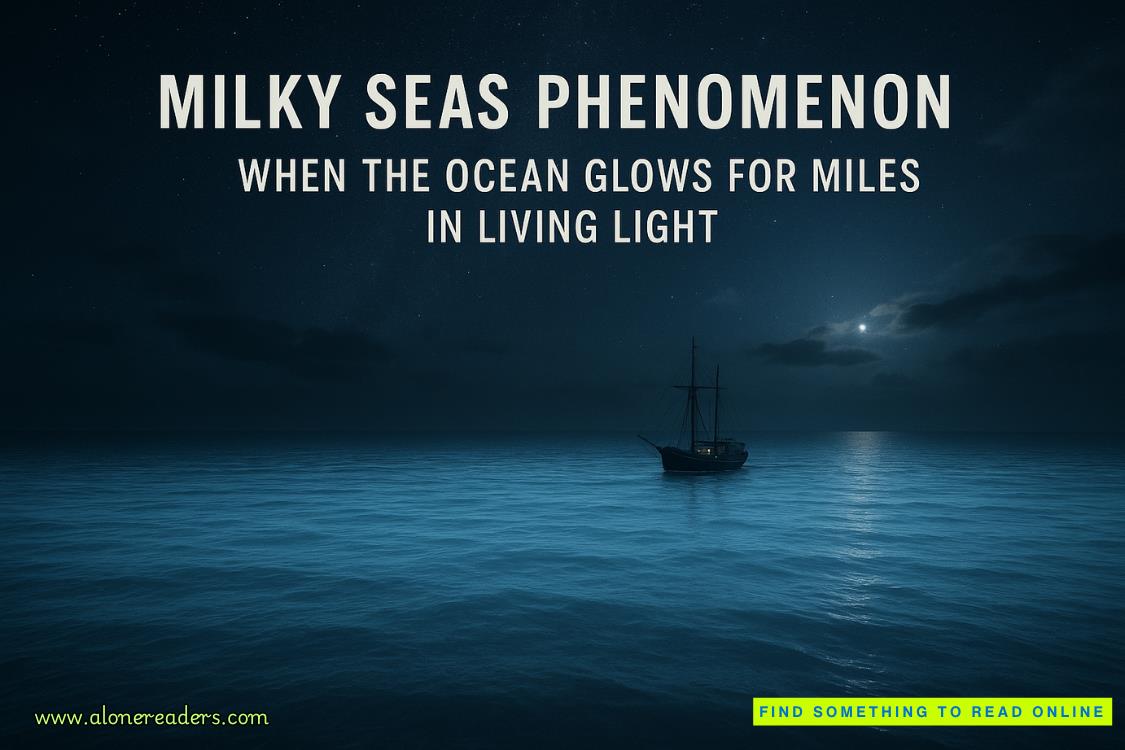1
MASON
It was a warm spring afternoon, and I was on my knees in the backyard, my hands deep in the dirt.
I liked dirt. It was cool and dark, and the scent of it—clean and green and alive—always managed to loosen knots I didn’t even know I was carrying. Dirt didn’t ask anything of you. It didn’t judge. And it didn’t know the secrets you were trying to hide.
That afternoon, the ground was still a little damp from the rain the day before. I let my fingers sink deeper, pushing through the earth like I was digging for calm.
I hadn’t slept well last night. I didn’t sleep well most nights anymore, but I tried not to think about that. For now, I just focused on the dirt. Real, solid, and unshakable. Something I could control.
I closed my eyes and imagined my fingers spreading through the soil like roots, anchoring me to the earth. I let the sun warm my back, listened to the birds in the maple tree behind me. Traffichummed on the street out front, but I tuned it out. The birds were better.
When I opened my eyes again, Dana’s backyard was the same mess it had always been—brambles, half-buried bricks from some long-forgotten renovation, a plastic flamingo missing its head. Poor guy was more battle-scarred than I was. The house and yard were in shambles when she bought the place, but she was fixing it up piece by piece. And I wasn’t going to complain.
I didn’t have much to offer as a housemate. No full-time job. No real plan. But I could at least try to tame the wilderness in the yard. I’d done a little landscaping work after I got out of the Marines. Enough to know I liked it—up until the point where I torpedoed that job and wound up here.
But I wasn’t thinking about that now. I took another deep breath and let the green-gold light of May settle over me like gauze. It was only seventy degrees, which was shocking. Usually DC was in the nineties by now.
I sifted the loose loam through my fingers, pulling out the occasional rock or grub, making space for the fig tree I was about to plant. It was late for planting trees, but if I stayed on top of watering, it should survive its first summer. Dana had practically done cartwheels when we spotted one at the garden store yesterday. I’d gone back this morning to surprise her.
At least one of us should be happy.
I sat back on my heels and reached for the small tree, still in its plastic pot. I squeezed the sides and spun it gently, loosening the roots. A little rain of soil fell onto the crabgrass around me—another battle for another day. I teased apart the roots that circled the pot and dusted them with some mushroom mixbefore settling the tree into the hole I’d dug. I spread the roots out, then backfilled, pressing the dirt down firmly. When I was done, the tree sat proud and upright, slightly above ground level.
Standing up, I winced at the crack in my knees. Thirty wasn’t old, but the military had a way of aging you fast. Too many missions, too many surprise firefights. My body didn’t scream like my mind did, but it remembered.
I walked over to the spigot, turned it on, and dragged the hose across the yard. I watered the tree until the soil darkened and the smell of fresh earth filled the air. There was something satisfying about it, seeing that little tree standing proud in the chaos. It wouldn’t bear fruit this year, but it was something to look forward to.
I wished I had a future equally as optimistic.
Dana kept telling me to go back to school and finish my degree. Or find a trade, become a plumber or electrician—apparently ‘professional dirt enthusiast’ wasn’t a real job. She was full of other suggestions, if those didn’t appeal. Get into personal training, real estate, or solar panel sales. Just dosomething.
But none of it felt right, and I didn’t know how to explain to her that I didn’t deserve that kind of success.
I turned the hose off and coiled it up, brushing my hair back behind my ears. I’d let it grow long after I’d left the Marines. I probably had dirt in it now, but I wasn’t going anywhere today. Hell, I hadn’t gone anywhere in weeks.
I looked over the yard again. The east and west fences were six-foot boards wobbling like drunken dominoes. The north side was a rusted chain-link nightmare, half-hidden behind what might once have been a garage. Now it was a graveyard forbroken furniture. A big silver maple in the back shaded half the yard and part of the neighbor’s.
I figured I might as well take on the poison ivy climbing the east fence. I wasn’t sensitive, but Dana was. I turned towards the house to grab gloves, but I didn’t even make it up the back steps before the door opened.
Dana stepped out onto the steps, her posture crisp as ever. As fraternal twins, we had the same dirty blond hair and the same blue eyes, but everything else was different. While I was six-three and built like a linebacker, she was five-four and could’ve been knocked over by a stiff breeze. I was in an old, stained T-shirt from high school and ripped jeans. She looked like she was headed to a board meeting in a maroon blazer over gray wool dress pants—despite the fact that she wasn’t headed into any kind of office.
And, as usual, she was wearing that look. The one that said she’d studied me like a math problem and wasn’t thrilled with the answer.
It was the way she looked at everyone. It wasn’t personal. Usually.
“Hey.” I flashed her a smile. “Coming to admire my handiwork?”
“Your handiwork?”
I thumbed over my shoulder at the fig tree.
“Oh my god!” Her face lit up, and she clapped like we were still kids. “It’s perfect! I love it so much. Thank you.”
Her enthusiasm was real, but her thank you felt like too much. All I’d done was dig a hole and stick a tree in it, not invent the cure for cancer.
“No worries. Happy to help.”















